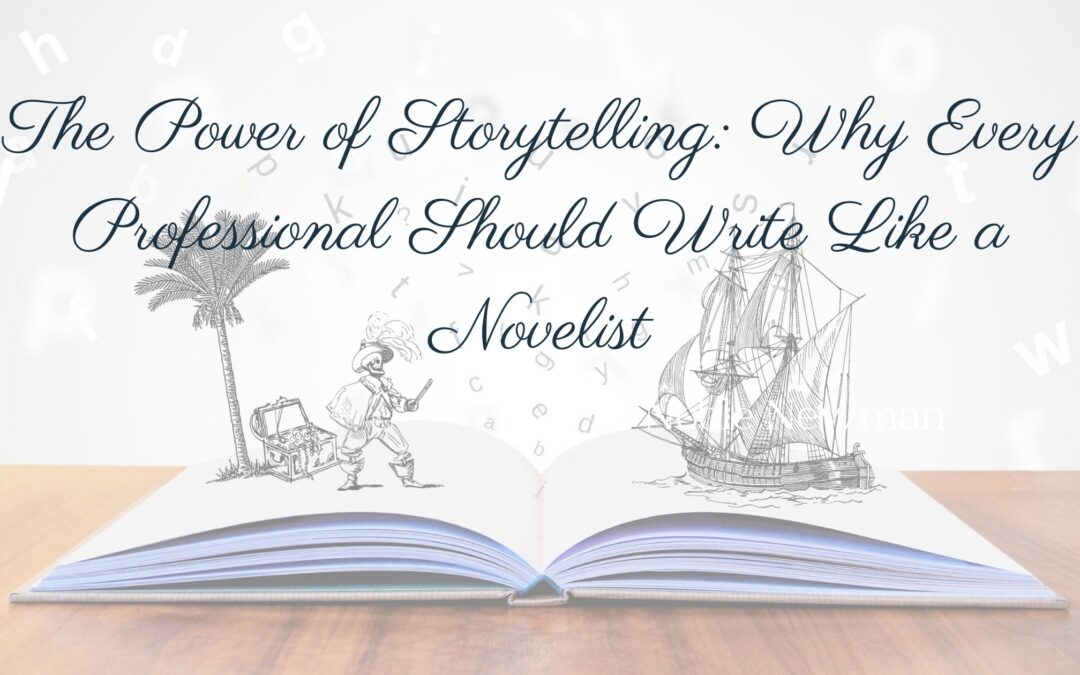In an age dominated by digital content and short attention spans, the art of storytelling has never been more essential. While many professionals focus on developing hard skills or mastering the latest tools, one timeless ability continues to set influential voices apart: the ability to write well. But not just well—narratively.
Whether you’re drafting a pitch deck, writing a personal bio, or crafting a social media post, adopting the mindset of a novelist can significantly elevate your communication. At its core, storytelling isn’t reserved for fiction writers. It’s the key to creating resonance, emotional connection, and authenticity in a world full of noise.
Why Storytelling Matters in a Professional World
Think about the last time you were moved by a piece of content. It probably wasn’t a bullet-point list of facts. It was a story. Humans are hardwired to remember stories better than data. Stories give context to information. They create tension, stakes, and resolution. For professionals, this is a powerful tool.
In branding and reputation management, we often see clients whose bios are technically impressive but emotionally flat. When we reshape their personal brand through storytelling—highlighting the challenges they’ve overcome, the “why” behind their mission, and the human elements of their journey—their online presence becomes far more compelling.
Literary Techniques That Work in Business Writing
Here are some simple yet powerful storytelling techniques borrowed from literature that you can apply to your own writing:
- The Narrative Arc: Every good novel has a beginning, middle, and end. Your “About” section or personal website should too. Set the stage with who you are, share the pivotal moments or challenges that shaped you, and wrap it with where you’re headed.
- Show, Don’t Tell: Instead of stating “I’m a resilient leader,” share a moment when you bounced back from failure and what you learned. Let your actions speak.
- Voice and Tone: Great novels are memorable because of their unique voice. Find yours. Is your tone authoritative and polished? Warm and conversational? Match it to your audience and stay consistent.
- Character Development: In business writing, you are the character. Don’t be afraid to evolve. Share how your experiences have shaped your outlook and decisions over time.
From Page to Profile: Practical Applications
Personal Branding: Use storytelling to make your bio or LinkedIn summary more engaging. Highlight your values, motivations, and defining moments.
Public Speaking: A compelling anecdote can transform a presentation from forgettable to unforgettable.
Thought Leadership: When writing articles or blog posts, anchor your ideas in a narrative. Use case studies, personal experiences, or client stories to illustrate your point.
Pitching & Sales: Frame your product or service as the solution to a “story arc” problem. Help your audience see themselves as the hero of their own journey.
Final Thoughts
You don’t need to be the next Hemingway to write like a storyteller. You just need to tap into the narrative structure that already defines our human experience. By adopting literary techniques and making your messaging more emotionally resonant, you not only capture attention—you build connection.
So next time you’re writing something professional, ask yourself: what’s the story here?

